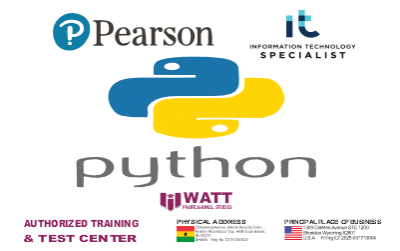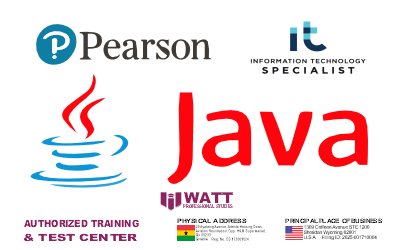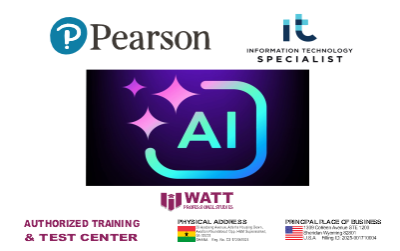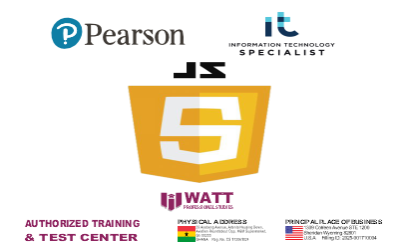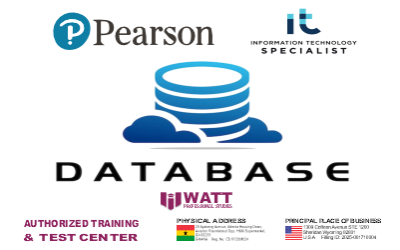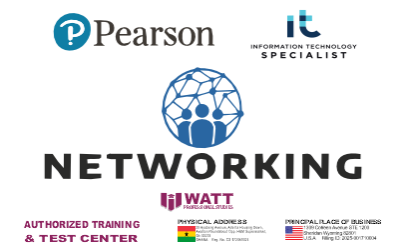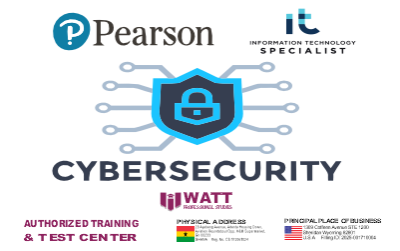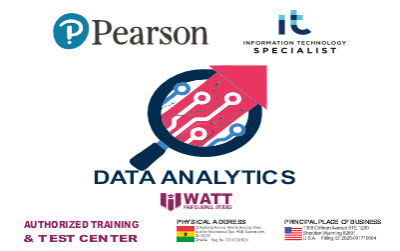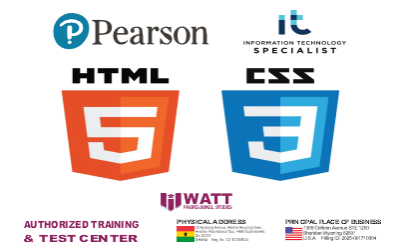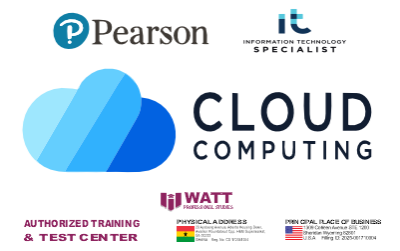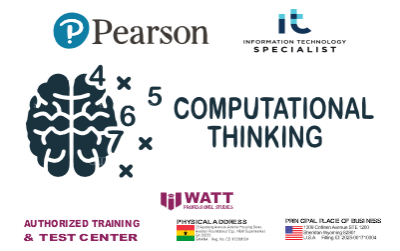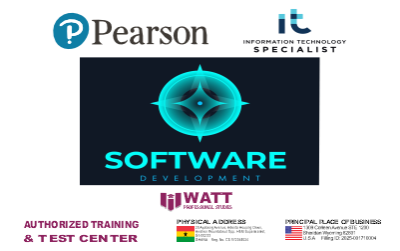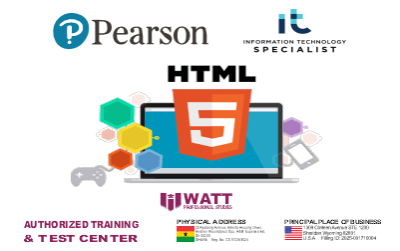PYTHON ITS PEARSON CERTIFICATION
The Python Certification course will explain the software programming basics using Python. As of the year 2022, Python is the most popular programming language because of its simple syntax and extensive, open-source library of modules. Python is commonly used for creating desktop and website applications in finance, business, and even social media like Instagram and Pinterest. No coding experience is required for this course. Through the programming skills and tools taught, the learners will discover how to solve complicated problems. After completing this course, they will be prepared for designing, coding, and debugging Python computer programs.
English
Last updated
Tue, 02-Dec-2025

